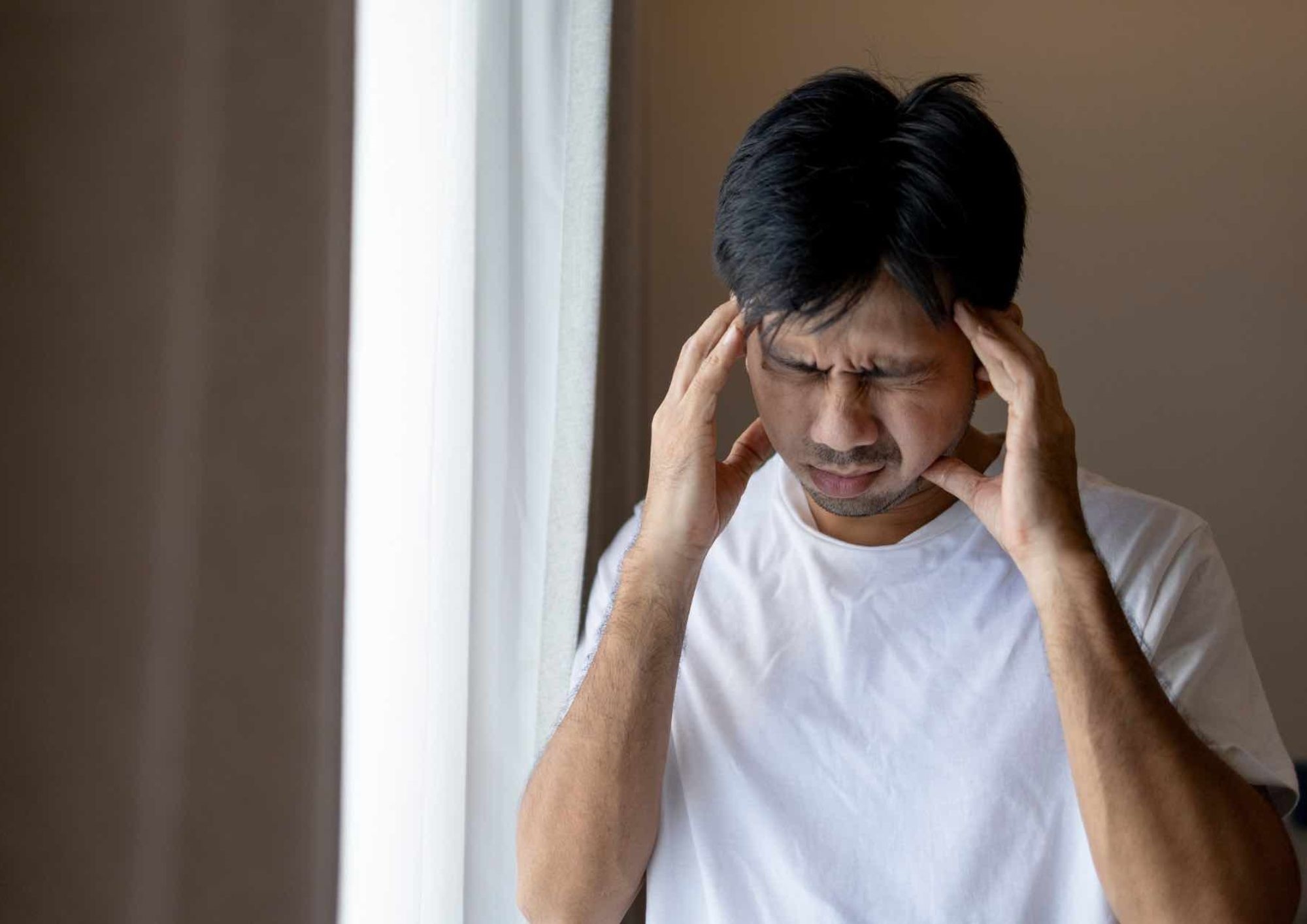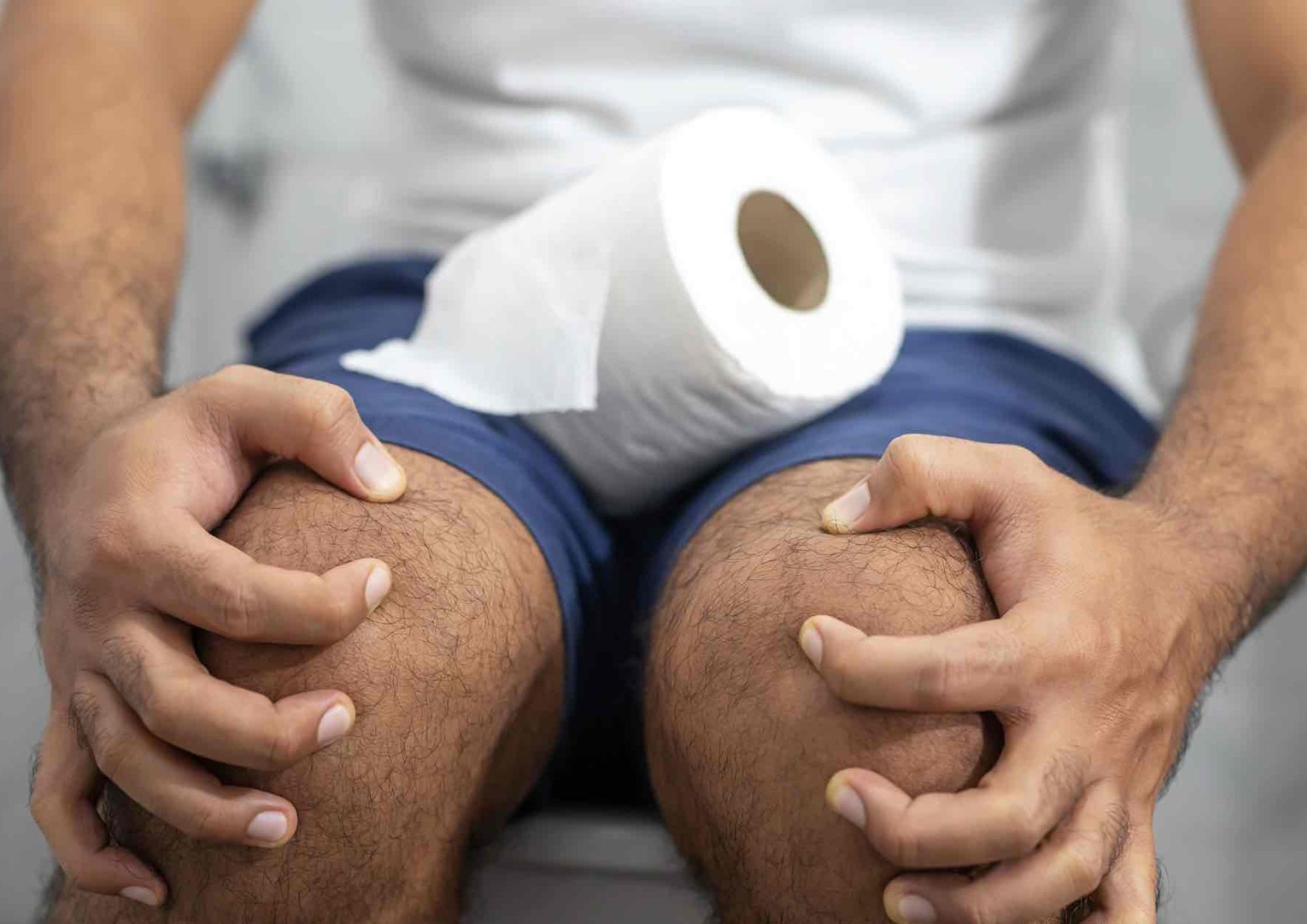Pall Mall Medical Expert, Dr Malik explains why we may consistently have disrupted sleep and 4am. Do our hormones impact our disrupte sleep? What can you do to limit the effects?

Pall Mall GP, Dr Malik recently featured in the Independent with her medical comments on disrupted sleep. She says Yes, hormones can indeed impact our sleep patterns. Several hormones play a crucial role in regulating the sleep-wake cycle, and imbalances in these hormones can lead to disrupted sleep. Here are some of the key hormones involved:
- Melatonin: This hormone is produced by the pineal gland in the brain and is responsible for regulating the sleep-wake cycle. Melatonin levels typically rise in the evening, signalling the body that it's time to sleep. Disruptions in melatonin production or sensitivity to its effects can lead to difficulties falling asleep and maintaining a regular sleep schedule.
- Cortisol: Often referred to as the "stress hormone," cortisol levels naturally fluctuate throughout the day. It's typically higher in the morning to help wake you up and gradually decreases as the day progresses. However, chronic stress can lead to abnormal cortisol patterns, which may disrupt sleep.
- Ghrelin and Leptin: These hormones are involved in regulating hunger and satiety, but they can also affect sleep. Ghrelin stimulates appetite and tends to increase before meals, while leptin helps regulate energy balance. Disruptions in these hormones due to irregular eating patterns or unhealthy diets can impact sleep quality.
- Reproductive hormones: In women, fluctuations in oestrogen and progesterone during the menstrual cycle can affect sleep. For example, some women may experience insomnia or sleep disturbances before or during menstruation.
To limit the effects of hormonal disruptions on sleep:
- Establish a consistent sleep schedule: Go to bed and wake up at the same time every day, even on weekends, to help regulate your body's internal clock.
- Create a relaxing bedtime routine: Engage in calming activities before bedtime, such as reading, listening to soothing music, or practicing relaxation techniques like deep breathing or meditation.
- Limit exposure to blue light: Blue light from electronic devices can suppress melatonin production. Try to avoid screens for at least an hour before bedtime or use blue light filters.
- Manage stress: Practice stress-reduction techniques, such as exercise, yoga, or mindfulness, to help keep cortisol levels in check.
- Maintain a healthy diet: Eat balanced meals regularly and avoid heavy or spicy foods close to bedtime, as they can disrupt sleep.
- Control the sleep environment: Keep your bedroom cool, dark, and quiet to promote better sleep.
- Limit caffeine and alcohol: Reduce or avoid consuming caffeine and alcohol, especially in the evening, as they can interfere with sleep quality.
- Consult a healthcare professional: If you suspect that hormonal imbalances are significantly impacting your sleep, it's essential to consult a healthcare professional to address any underlying issues and explore potential treatment options.
Remember that individual responses to hormonal fluctuations may vary, and any persistent sleep disturbances should be discussed with a healthcare professional for a comprehensive evaluation and personalised recommendations.

Does our diet make us wake up at certain times?
Our diet can influence our sleep-wake cycle to some extent, but it typically doesn't cause us to wake up at specific times. Instead, the timing of our meals and the type of foods we consume can affect our overall sleep quality and potentially impact our ability to fall asleep and stay asleep.
Some ways that your diet could be influencing your sleep are:
- Caffeine: Consuming caffeinated beverages like coffee, tea, or energy drinks, especially in the afternoon or evening, can interfere with sleep. Caffeine is a stimulant that can make it harder to fall asleep and reduce the overall quality of sleep.
- Heavy Meals: Eating large, heavy meals close to bedtime can cause discomfort and indigestion, making it more challenging to fall asleep. It's generally best to finish eating at least 2-3 hours before bedtime.
- Alcohol: While alcohol might make you feel drowsy and help you fall asleep initially, it can disrupt the second half of your sleep cycle, leading to poorer overall sleep quality.
- Sugar and Refined Carbohydrates: A diet high in sugar and refined carbohydrates can cause blood sugar fluctuations, leading to wakefulness during the night.
- Hydration: Being either too thirsty or consuming excessive fluids close to bedtime can lead to waking up during the night to use the bathroom.
- Nutrients and Minerals: Certain nutrients, such as magnesium and B vitamins, play a role in supporting sleep quality. A balanced diet that includes these nutrients can promote better sleep.
While diet can influence sleep quality, it is not a direct mechanism for waking up at specific times. Our internal biological clock, known as the circadian rhythm, primarily controls our sleep-wake cycle. The circadian rhythm is influenced by external factors such as light exposure, daily routines, and social cues, which help regulate when we feel alert and when we feel sleepy.
However, if you consistently find yourself waking up at the same time every night, it's possible that there could be an underlying issue that should be discussed with a healthcare professional. Factors like stress, anxiety, sleep disorders, or medical conditions can also contribute to disruptions in sleep patterns. A comprehensive evaluation can help identify and address any potential issues affecting your sleep.
How do you stop waking up needing a wee?
Try not to drink excessive amounts of fluids before bedtime. It’s important to stay hydrated but try not to drink anything for around 2 hours before your usual bedtime. Go to the toilet before you go to bed to empty your bladder.
Does sleep become more disrupted as you get older?
Yes, sleep tends to become more disrupted as people get older. Sleep patterns and sleep architecture change with age, and various factors can contribute to sleep disturbances in older adults. Some common reasons for sleep disruption in the elderly include changes in your circadian rhythm, decreased melatonin production, medical conditions/medications and potential sleep disorders.
What should you do and not do if you wake up at that time?
DO: Try to stay relaxed. Stress and anxiety can make it harder to fall asleep. Adopt a relaxed mindset, knowing that it’s okay if it takes a bit of time to fall asleep again.
DON’T: Avoid looking at your phone or other screens as the blue light emitted by these devices can suppress melatonin production and make it harder to fall back asleep.
DO: Practice relaxation techniques such as deep breathing, progressive muscle relaxation or mindfulness meditation. These can help calm your mind and body, making it easier to fall asleep.
DON’T: Resist the urge to constantly check the time. This can create additional stress and anxiety making it more challenging to fall back asleep.
DO: If you’ve been lying awake for more then 20-30 minutes, consider getting out of bed and engaging in relaxing activity like reading or listening to calming music. Return to bed when you feel drowsy.

How can you deal with late-night worrying?
- Create a Worry Journal: Keep a journal by your bedside and write down your worries before going to bed. This practice can help get your concerns out of your mind and onto paper, making it easier to let go of them temporarily.
- Practice Mindfulness: Engage in mindfulness or meditation exercises before bedtime. Mindfulness can help you focus on the present moment, reducing anxiety about the past or the future.
- Establish a Worry Time: Set aside a specific time during the day, ideally earlier in the evening, to address your worries. When late-night worrying occurs, remind yourself that you have a designated worry time the next day to address those concerns.
- Create a Relaxing Bedtime Routine: Develop a calming routine before going to bed. This can include activities like reading a book, taking a warm bath, practicing gentle stretches, or listening to soothing music.
- Limit Screen Time: Avoid screens from electronic devices (phones, computers, TVs) at least an hour before bedtime. The blue light emitted by screens can interfere with your ability to fall asleep and worsen late-night worrying.
- Write a To-Do List: If you have many tasks on your mind, write a to-do list for the next day. Having a plan can help you feel more organised and less overwhelmed.
- Address Worries During the Day: If you notice certain recurring worries, try to address them during the day when you have more control and resources available.
- Create a Sleep-Conducive Environment: Make your bedroom a comfortable and relaxing space, promoting better sleep quality.
- Seek Support: If your worrying becomes persistent and overwhelming, consider talking to a therapist or counsellor. They can help you develop coping strategies and address the underlying causes of your worries.
- Practice Breathing Exercises: When you find yourself worrying at night, practice deep breathing exercises. Slow, deep breaths can activate your body's relaxation response and help you feel calmer.
- Challenge Negative Thoughts: When you catch yourself engaging in negative or catastrophic thinking, try to challenge those thoughts. Ask yourself if there's evidence to support these thoughts and if there might be alternative, more positive perspectives.
Remember that managing late-night worrying may take time and patience. Be consistent with implementing these strategies, and if you find that your worrying persists, seeking professional help from a mental health professional at Pall Mall can be beneficial. They can offer personalised guidance and support to address your specific concerns.







